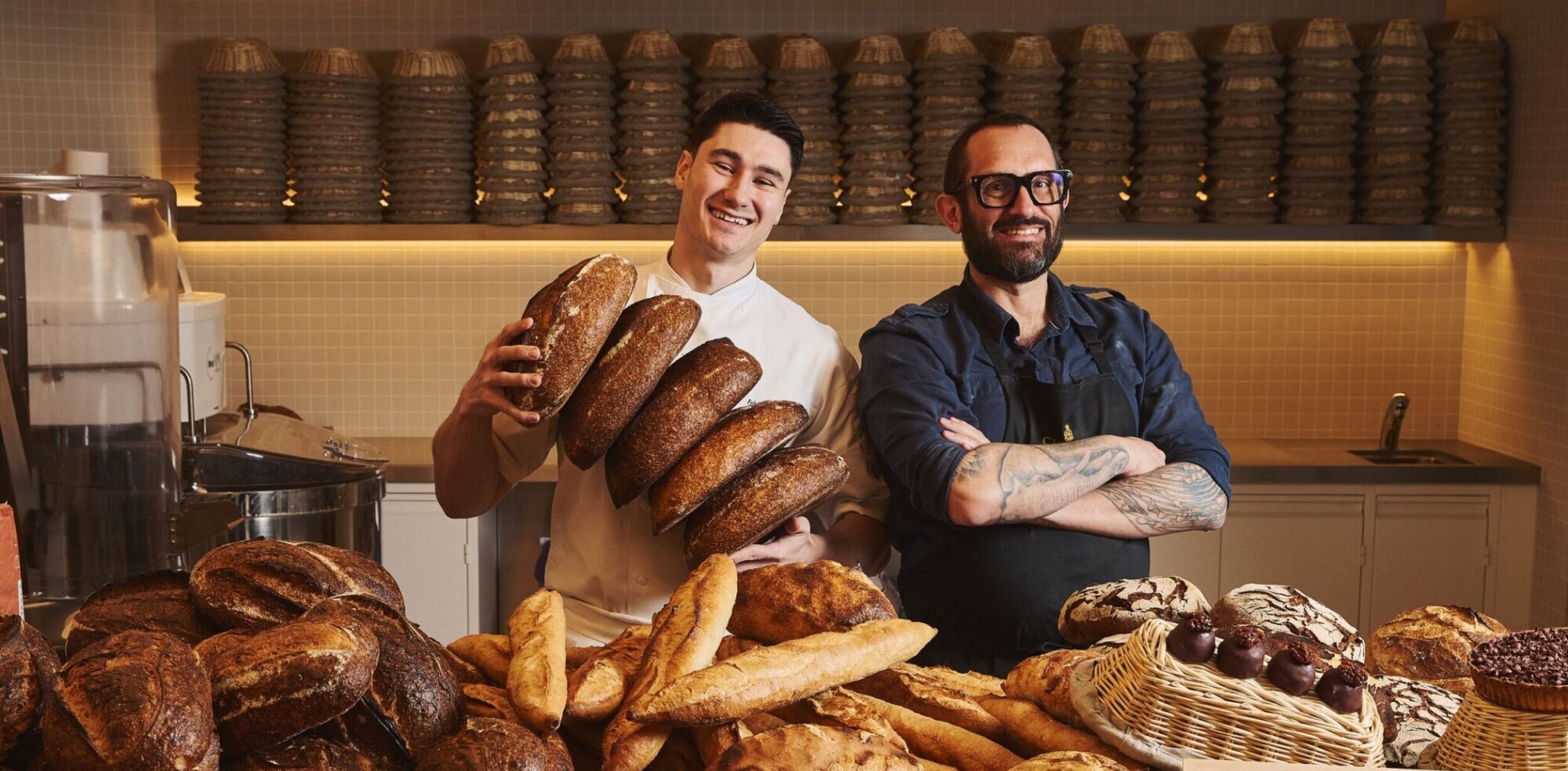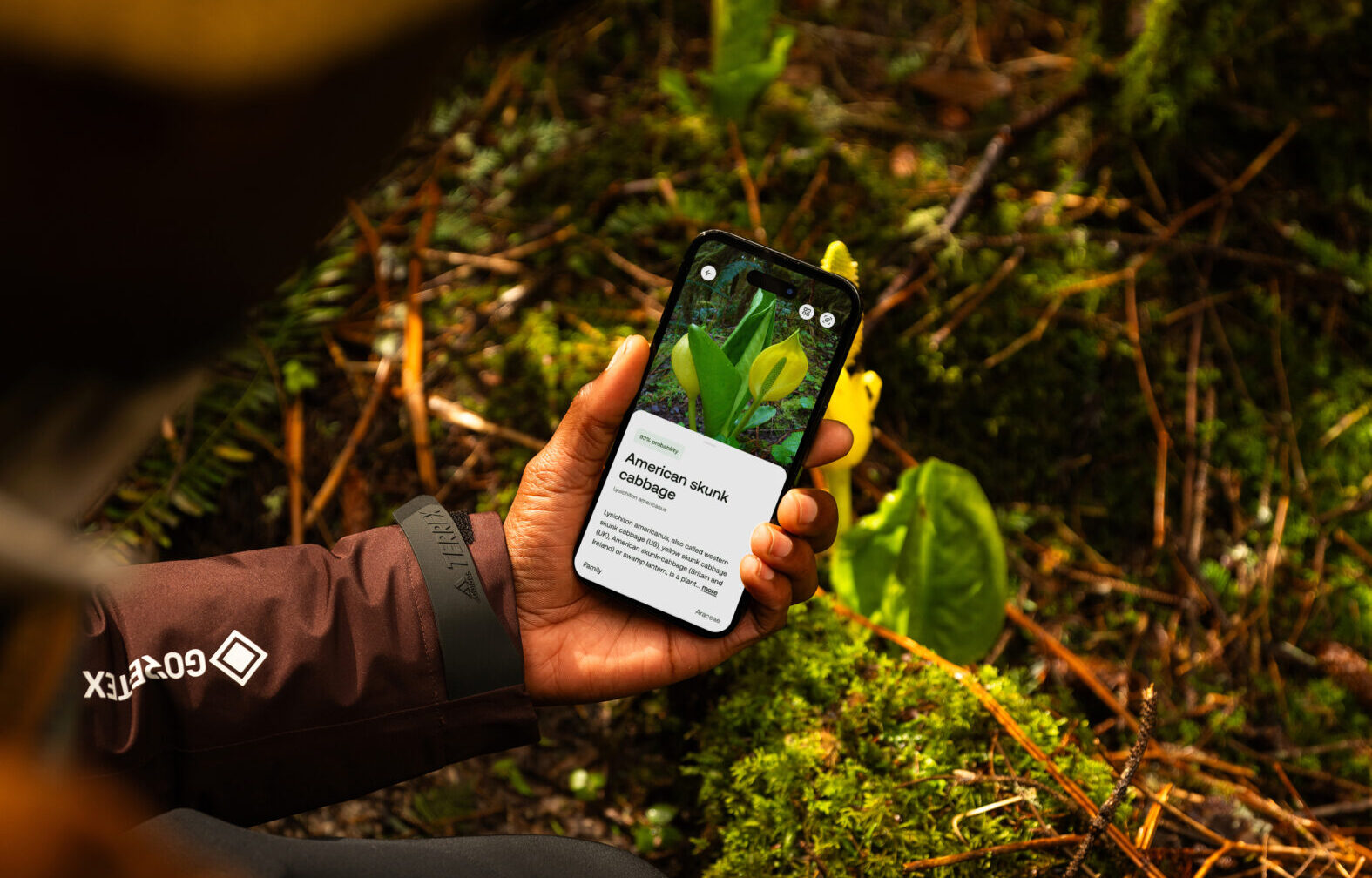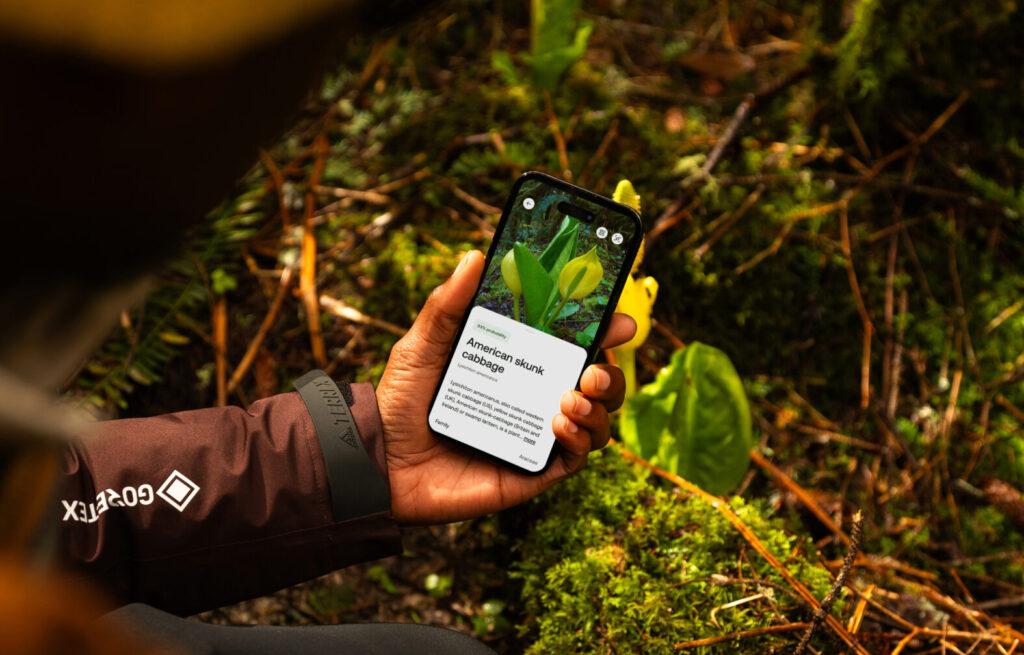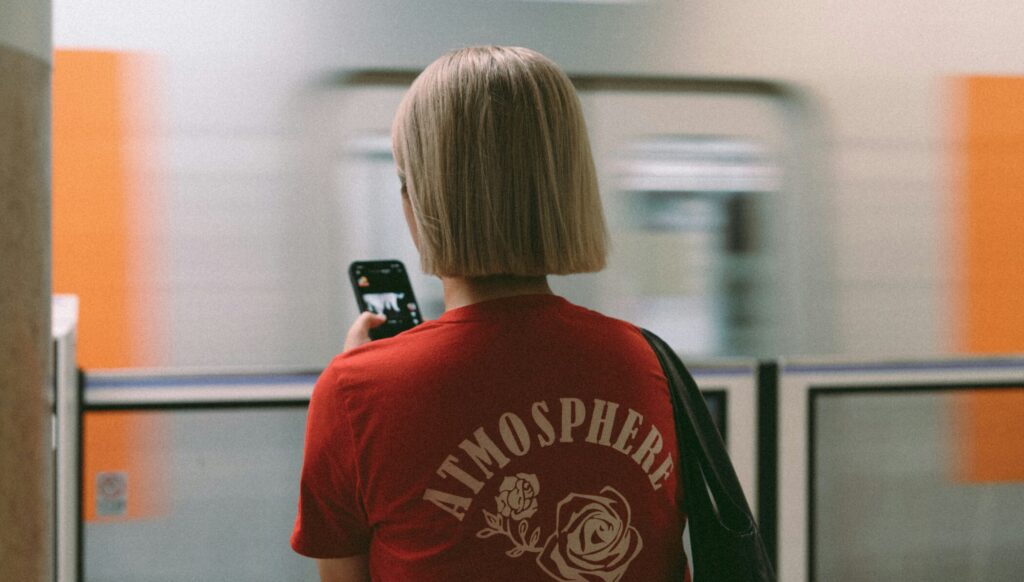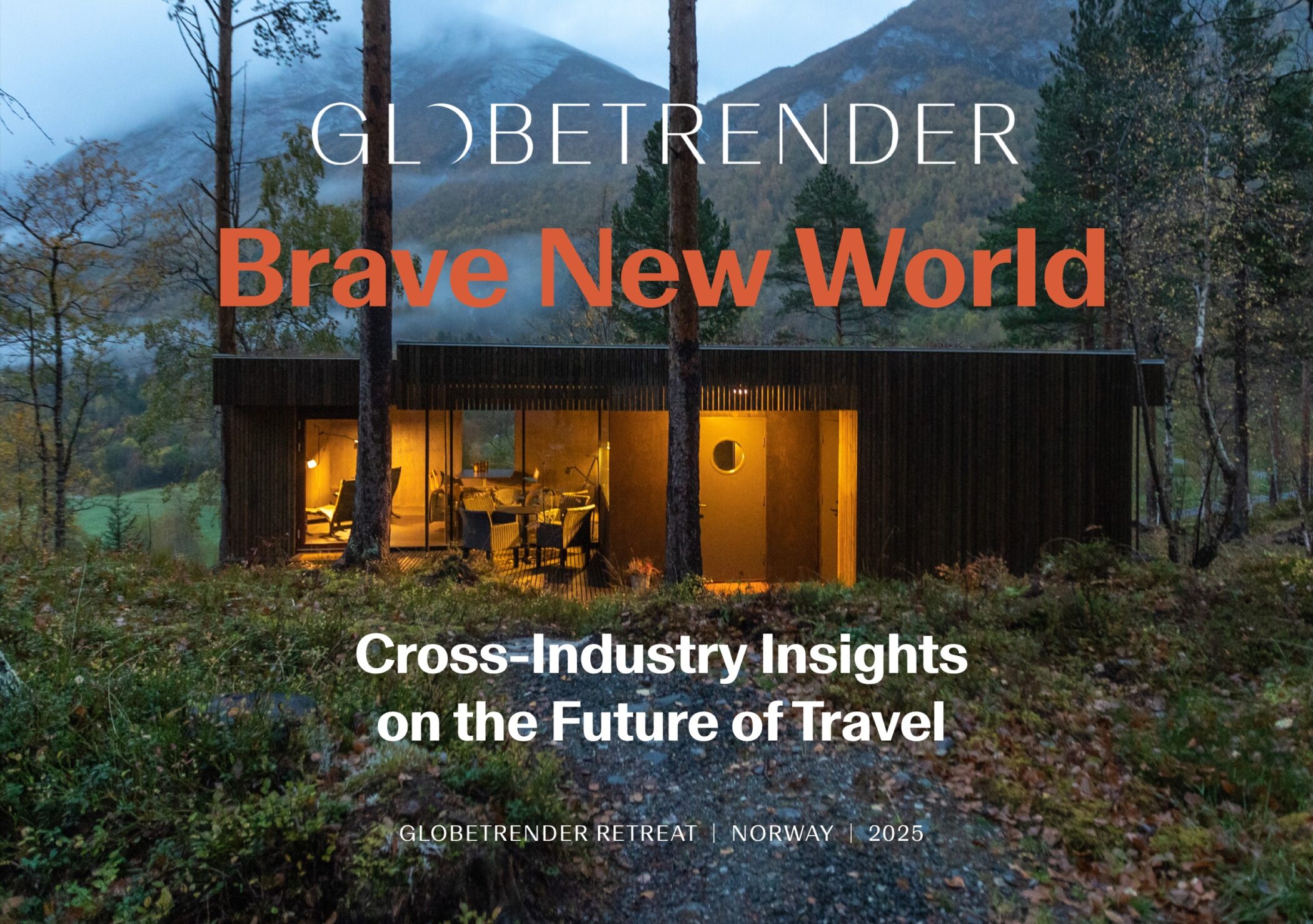Little Emperors' CEO on the brand's tech stack
From Tinder for hotels to image-based search, Rebecca Masri offers insights into the proprietary AI stack powering Little Emperors’ impressive growth. Robbie Hodges reports
Tech stack. Two words inciting both fear and excitement in offices the world over.
As the AI revolution takes hold, companies who led the charge are already witnessing a return on their investment. While LLMs like ChatGPT have stealthily become the silent interns of companies across industries, few are the brands that have effectively systematised AI tech. Even fewer are the smaller brands or scale-ups that have done so while catering to niche audiences.
Plenty has been written on the evolving tech stacks of large companies like AirBnb or Virgin; companies with the reach and capital to invest in serious infrastructure. But the private luxury travel club Little Emperors is a compelling example of how a smaller, more agile company is harnessing the power of AI to generate output much larger than the sum of its parts.
At an intimate breakfast hosted at The Emory in London, Little Emperors CEO Rebecca Masri MBE revealed the proprietary AI tools that she and her team have built; tools that have, in large part, contributed to 300% revenue growth over the past two to three years.
While many in the industry rely on clunky legacy systems, with generic AI tools layered on top, Masri has taken a radically different approach by hiring her own development team in Portugal and Spain to build everything in-house.
“We have our own CRM, we have our own tech team,” she explained. “All those tools sit in our own ecosystem and they're all developed by a team of developers.”
The internal system is designed to be “human-proof,” she said, with front-end tools that are intuitive and beautifully designed. “When we have travel advisors join us, they actually, one of the first comments we get is like, ‘Oh, I don't need to know how to use the GDS, which is a horrible system.’ We're like, ‘No, because everything for us is on the front — designed for humans, works like humans should be able to work.’”
One of the standout innovations is Little Emperors’ instant proposal system. What used to take a travel advisor three to five hours (quoting a stay, checking room connectivity, confirming upgrades and so on) now takes seconds. “The traveller today has changed,” Masri said. “They are less forgiving, they are less patient, they are less inclined to wait for a quote,” said Masri, referring specifically to an influx of younger luxury consumers used to instant digital convenience. “The concept of time has changed today.”
Another key pillar of the Little Emperors stack is a real-time scraping tool that pulls accurate, up-to-date information from hotel websites and feeds it into the CRM – not just to inform advisors, but to automatically match products to client profiles using AI.
Crucially, this AI is not pulling from the open internet. “We can train the AI to only speak to systems that have correct information,” Masri explained. “I can say to the [system], on the back end of the code, if you want to actually give us the answer to how many swimming pools at the Berkeley hotel, either use our content or use the brand’s website.”
And Little Emperors is also evolving search and discovery on the platform, pivoting away from dropdowns and tickboxes, towards something closer in design to a generative search engine. 
“What used to be ‘I am taking my kids to the Maldives or Dubai’ is now ‘I'm traveling with my kids. One of them wants to learn how to surf or ski.’”
She continued: “Almost all travel websites and certainly all the luxury space did not allow you or have the ability for you to type in anything other than the destination. So we are opening up our search. You can type in anything. ‘I want to ski, I want to surf. I like wine. I want to spend 500 euros a night and stay within an hour of where I live.’”
She also hinted at a Tinder for hotels whereby clients will be matched with properties based on their preferences, and the development of an image-based search engine that draws upon multimodal AI models to make finding a dream stay more intuitive.
With every development, Masri was keen to impress that AI is enhancing rather than removing soul and humanity from the customer experience. “We’re giving back to humans time to actually be personal and creative with the way they communicate with clients,” she said, “and hope that many other people in our industry follow suit.”
The company’s innovative approach runs contrary to the prevailing narrative that technology will degrade the luxury experience: “It allows us to scale without losing our soul."







